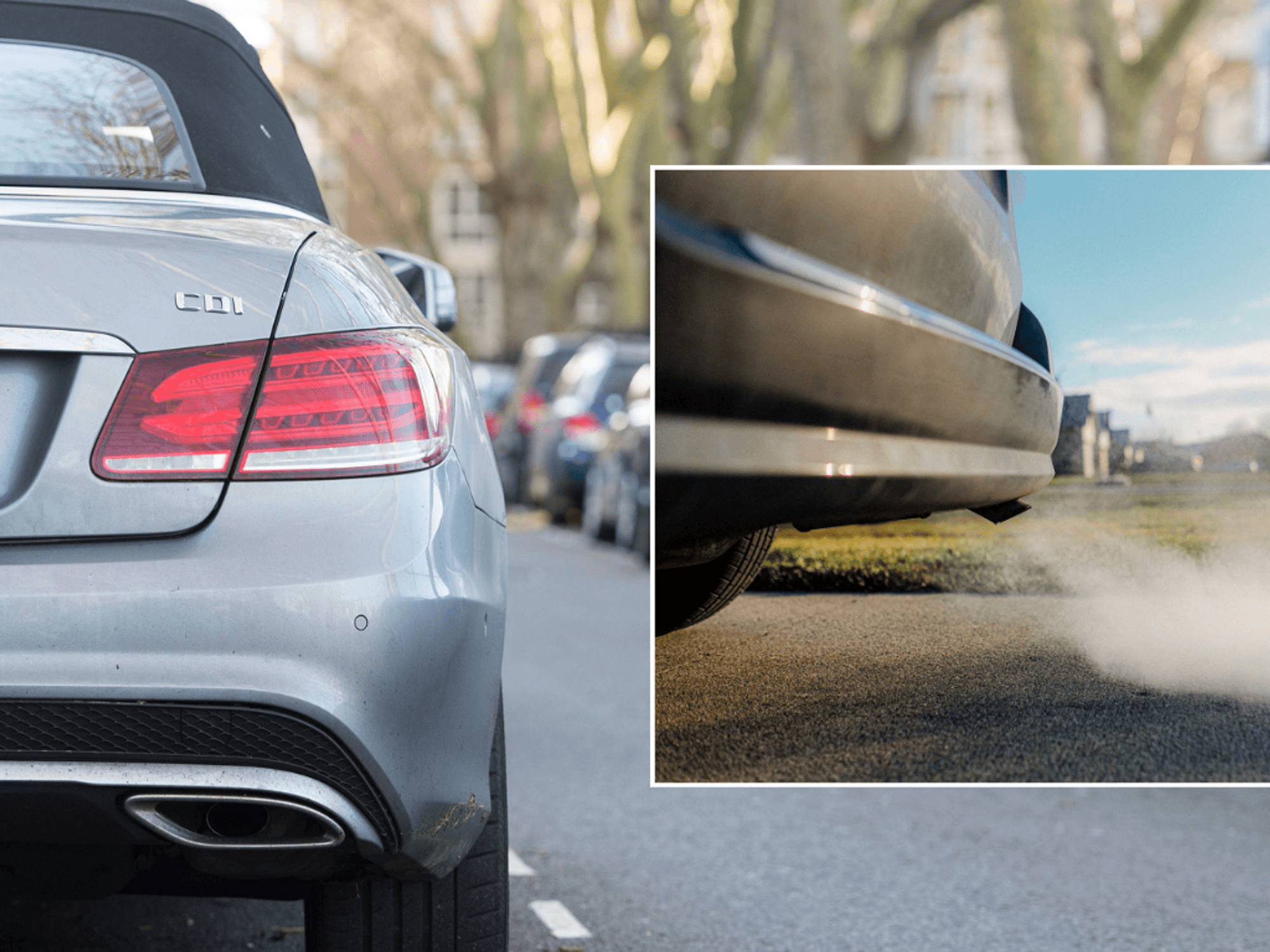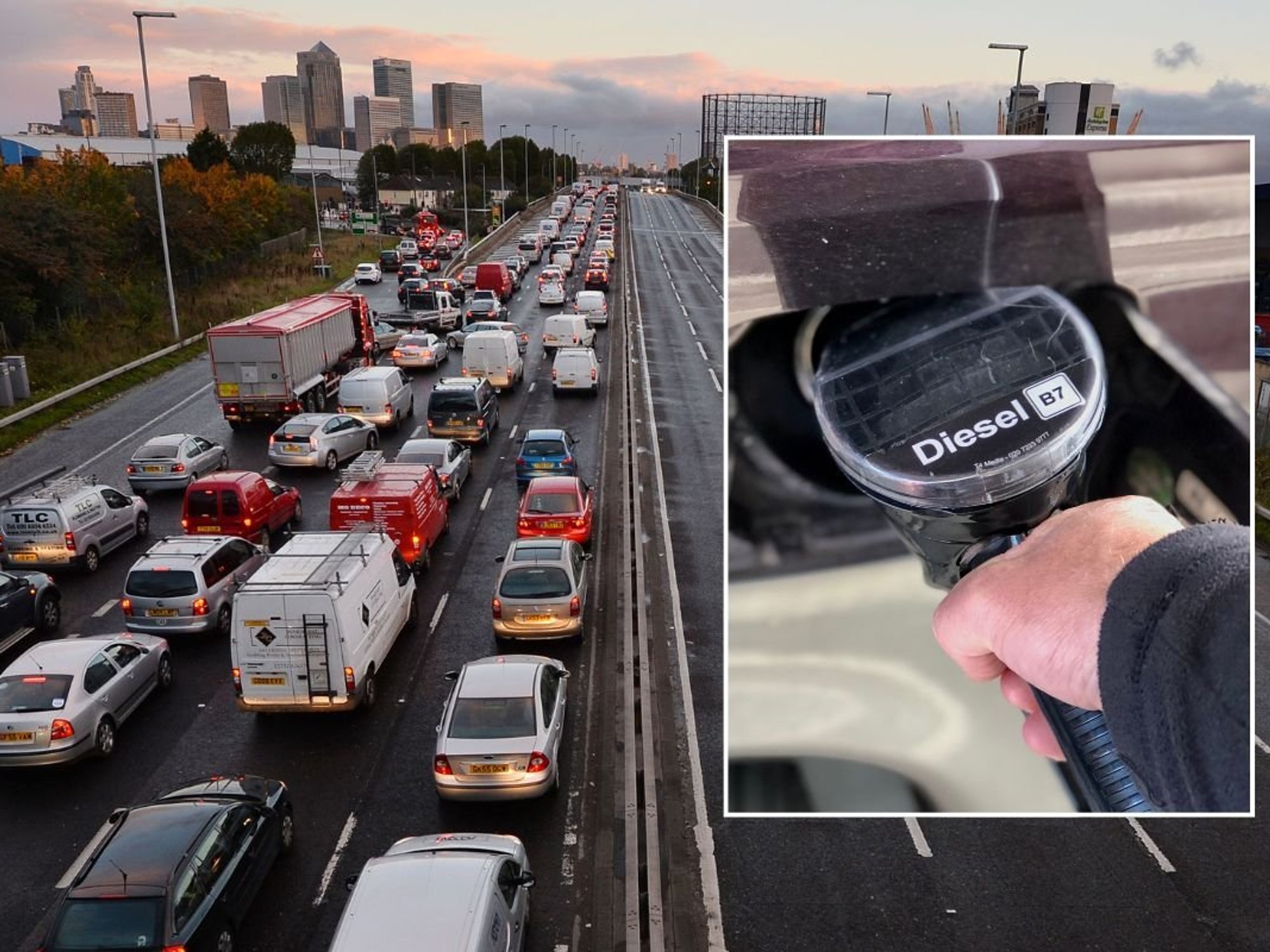Petrol and diesel prices across UK to soar under 'worst-case scenario' after Israeli attack on Iran

Oil prices have jumped by more than 10 per cent in the immediate aftermdath of the bombing raid
Don't Miss
Most Read
Latest
Britons are being warned of major fuel price hikes coming in the immediate future following a devastating bombing raid by Israel on Iranian nuclear sites.
Posting on its official Telegram account, the Israeli military said it had launched "dozens of fighter jets" with the aim of attacking nuclear complexes around Iran.
While Israel described the strikes as the key step to prevent Iran from becoming a nuclear superpower, the move could have consequences for drivers around the world.
In the hours following the bombing raid, oil prices jumped by more than 10 per cent, which is expected to force petrol and diesel prices higher in the UK.
Do you have a story you'd like to share? Get in touch by emailing motoring@gbnews.uk
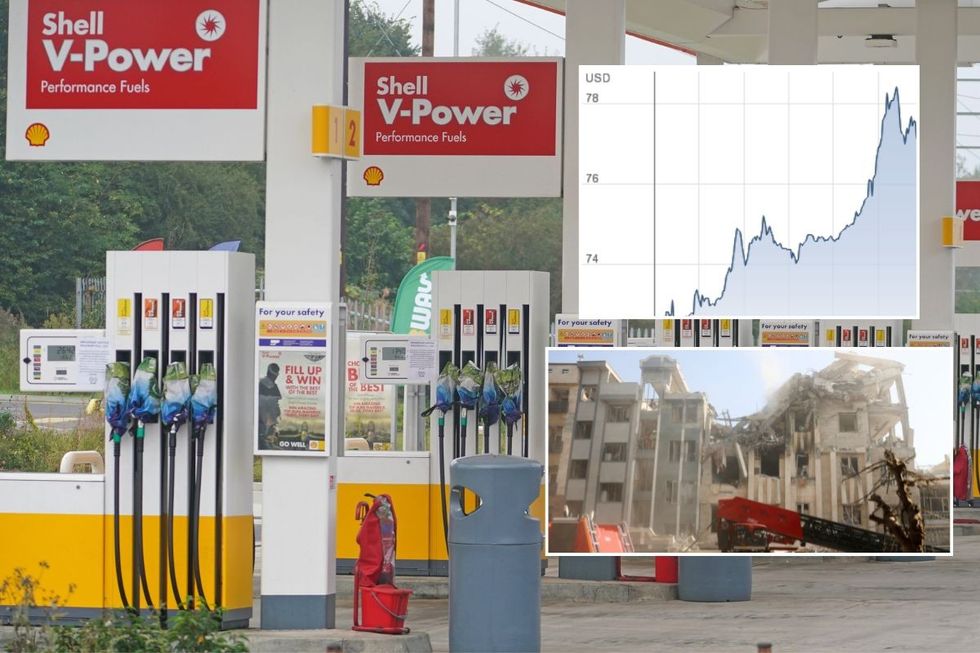
Petrol and diesel prices across UK to soar within hours after devastating Israeli attack on Iran
|PA/REUTERS/BLOOMBERG
In early trading on Friday morning, the price of Brent crude oil dropped by more than 10 per cent as traders reacted to the strikes in the Middle East.
Experts are now analysing the impact of the strikes, assessing how they will affect global markets, and evaluating the risks of major supply disruptions.
Data suggests that oil is on course for its largest weekly gain in around three years, in the aftermath of the Russian invasion of Ukraine.
Instability stemming from the Middle East has often been a precursor for spikes in oil prices, which can send the fuel markets spiralling.
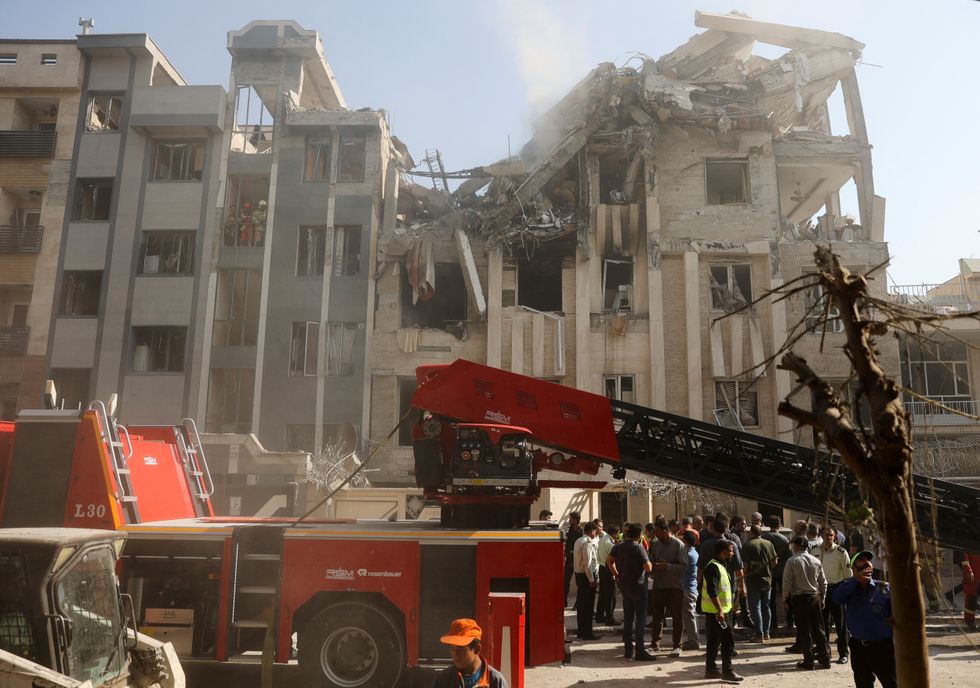
The aftermath of the Israeli attack on Tehran, Iran
|REUTERS
Investment bank JPMorgan has warned that a "worst-case scenario" would involve the closure of the Strait of Hormuz.
This is vital to the global supply of oil and, if this were to happen, the price of a barrel of oil could soar to a staggering $120 (£88.63).
When petrol and diesel prices reached their last peak in 2022, drivers were being forced to spend around £1.91 for unleaded and £2 for diesel.
At this time, the price of oil peaked at a staggering $116 or £85.76. If analysts' fears come true and the Strait of Hormuz is closed, petrol and diesel drivers could end up spending more than £2 for a litre of fuel.
LATEST DEVELOPMENTS:
In this extreme scenario, Iran is believed to be able to disrupt supplies of millions of barrels of oil every day in retaliation for the attacks.
The price of oil has soared to $74.40 (£54.84), making it the most expensive day for oil since April 2, when President Donald Trump made sweeping tariff announcements.
Drivers in the UK had been enjoying months of falling prices at the pumps, seeing average costs not felt for almost two years.
According to the latest data from RAC Fuel Watch, petrol drivers are paying 132.13p per litre, while diesel costs around 6p more at £1.38.
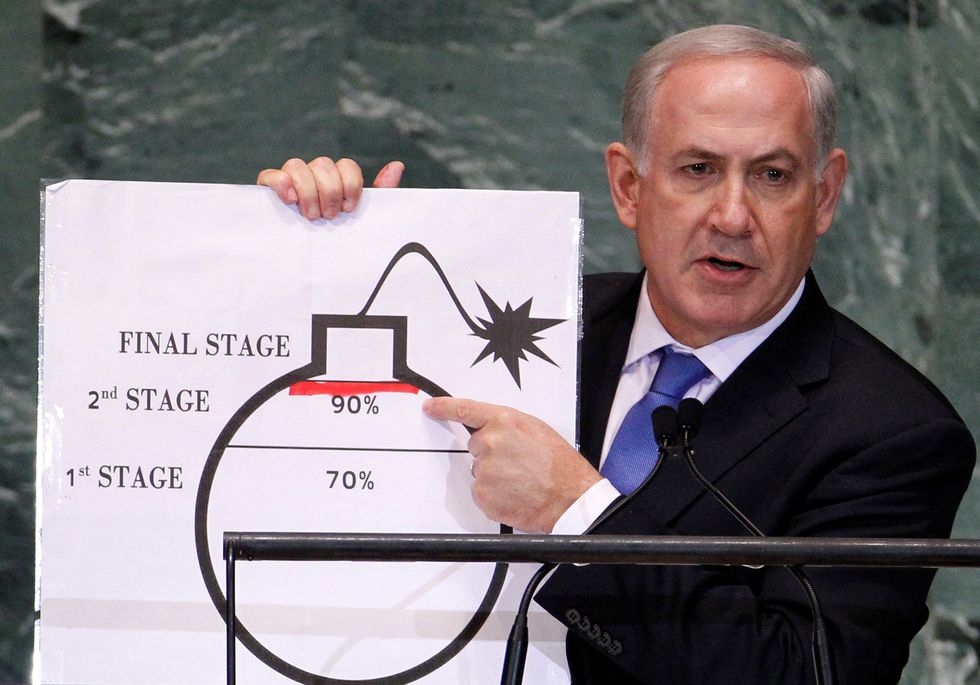
Israeli Prime Minister Benjamin Netanyahu has continually warned of Iran's nuclear aspirations
|REUTERS
The RAC data suggests that prices could continue to fall, although it has not yet been updated to account for the rising price of oil.
Saul Kavonic, head of energy research at MST Financial, said: "What we see now is very initial risk-on reaction. But over the next day or two, the market will need to factor in where this could escalate to."
Israeli Prime Minister Benjamin Netanyahu said that the launch of Operation Rising Lion was essential to "Israel's very survival".
In response to the strikes, Prime Minister Keir Starmer has condemned the rising tensions and called for a peaceful resolution to be reached.
Posting on social media site X, formerly known as Twitter, he added: "The reports of these strikes are concerning and we urge all parties to step back and reduce tensions urgently.
"Escalation serves no one in the region. Stability in the Middle East must be the priority and we are engaging partners to de-escalate. Now is the time for restraint, calm and a return to diplomacy."










